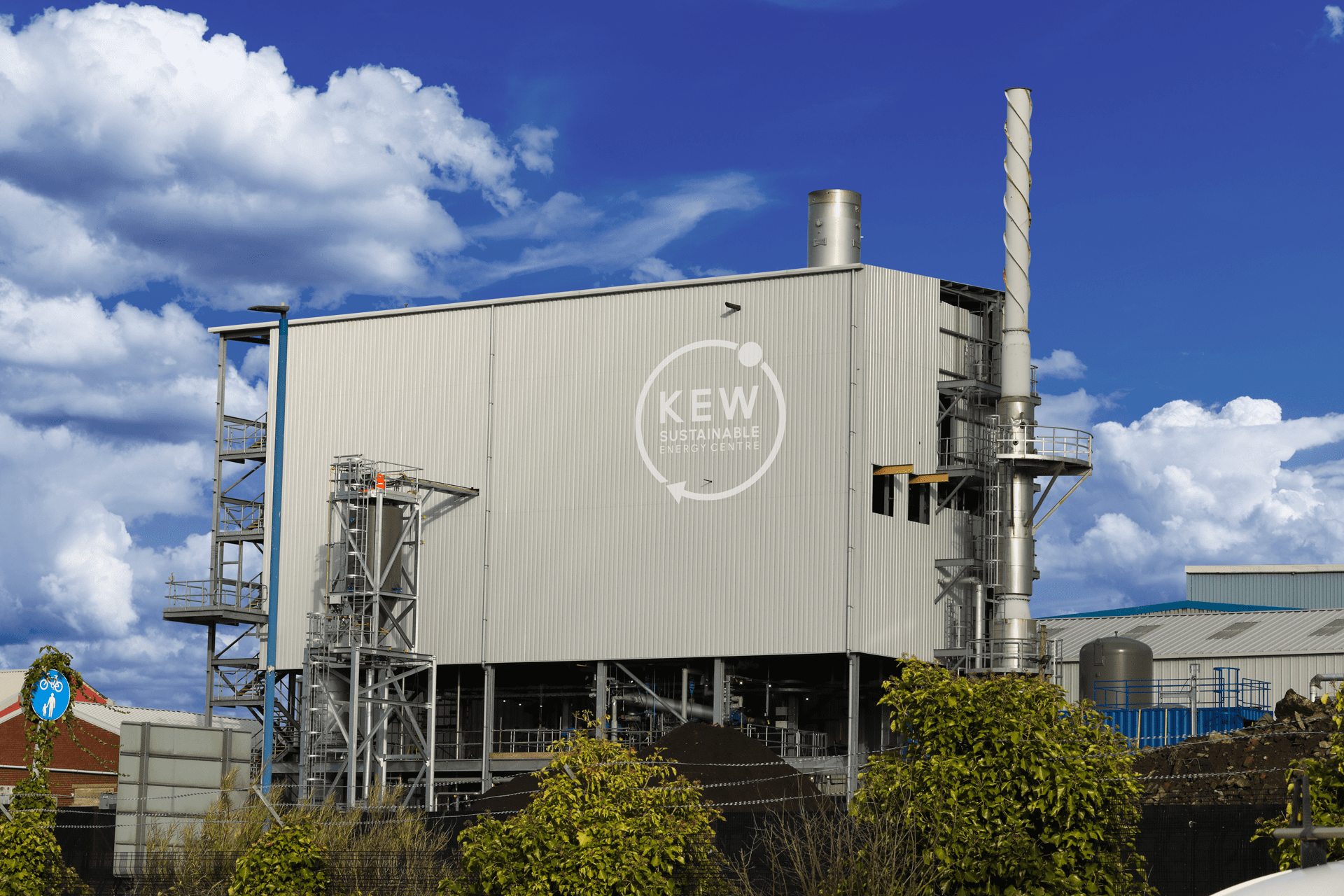Kellogg’s to Use Hydrogen to Cut its Carbon Emissions

UK businesses have received a share of over £80 million of government funding to move away from fossil fuels and towards cleaner alternatives. How will this help boost the UK’s hydrogen economy?
The funding, announced by Minister for Energy Security and Net Zero, Graham Stuart, is aiming to put businesses on a path to revolutionising their industry with cleaner energy sources, such as hydrogen.
It marks the UK Government’s latest move to amplify the UK’s energy security and grow the economy.
The new energy sources will help to future-proof different UK industries
Kellogg’s is among one of the 29 successful projects to change their production processes to cut their emissions.
The company is planning to use hydrogen to fuel its cereal-making process in Manchester, backed by over £3 million of government investment.
Minister for Energy Security and Net Zero, Graham Stuart, explained that the funding is in place to support the companies’ decarbonisation efforts.
He said: “Whether it’s the first meal of the day or a night cap, the great manufacturers of our country are striving to cut their emissions and their energy bills – and in turn, support our efforts to boost our energy security.”
Our investment of over £80 million will help them to go further and faster, using the latest science, technologies, and new energy sources to cut ties with fossil fuels and future-proof their industries.
The energy projects receiving backing come in the latest round of the UK Government’s £1 billion Net Zero Innovation Portfolio, which aims to scale up low-carbon technologies for use across UK industries.
Hydrogen projects are being focused on by the government
In addition to Kellogg’s, another project which will receive some of the £82.9 million funding is the Industrial Fuel Switching competition.
This comprises 13 businesses, from a paper factory to glass manufacturers. These businesses will receive a total of £52.5 million to support projects developing low-carbon alternatives to fossil fuels, such as hydrogen or biofuels.
Hydrogen BECCS Innovation Programme Phase 2 will be receiving £21.2 million. This includes five project winners who are turning biomass and waste, such as sewage, into hydrogen with carbon capture.
Focusing on carbon capture, CCUS Innovation 2.0 competition, which includes 11 winning projects, such as recycling carbon for fertiliser production, will be given a total of £9.2 million. This is to develop the latest technology in CCUS.
The funding forms part of the government’s commitment to reduce overall UK energy demand by 15 per cent by 2030, alongside the wider ambition for the UK to move towards greater energy independence.
On moving away from fossil fuels, Lord Callanan, Minister for Energy Efficiency and Green Finance, said: “Britain has a long and proud history of pushing the boundaries in science – and our backing with over £80 million for these cutting-edge projects today will help make way for the next era of innovation.”
The transition away from fossil fuels presents a huge opportunity for our growing green energy sector and we will continue to make sure UK businesses can benefit from its full potential.
The funding goes alongside new government reports to support new energy sources
Another leading name receiving the funding is Britain’s biggest biscuit maker, Burton’s Food Ltd. The funding will support the company in swapping out a gas oven for low carbon electric at their Dorset bakery, thanks to over £3.3 million.
Around £950,000 will go to consumer goods giant Procter & Gamble (P&G) to explore how to integrate CCUS into their manufacturing, by extracting carbon from the company’s waste streams to help cut emissions.
The project will form a new research drive, CarboNation, in partnership with Newcastle University’s School of Engineering and Centre for Process Innovation.
On this, Scott Frame, Vice President, R&D and Site Leader, Newcastle Innovation Centre, expressed that: “CarboNation is a great example of where innovation can be applied to carbon capture and use technologies to solve specific challenges that are not only relevant to P&G, but both the wider Fast Moving Consumer Goods industry and society at large.
“We’re really excited to have received this grant, alongside other valued partners, in order to accelerate P&G’s understanding within this area, supporting our collective pursuit of wider sustainability goals.”
Alongside the funding allocated, the UK Government has also published new reports to support the transition to alternative energy sources for the UK industry.
This includes guidance on designs for hydrogen technology systems, as part of the Industrial Hydrogen Accelerator programme.

